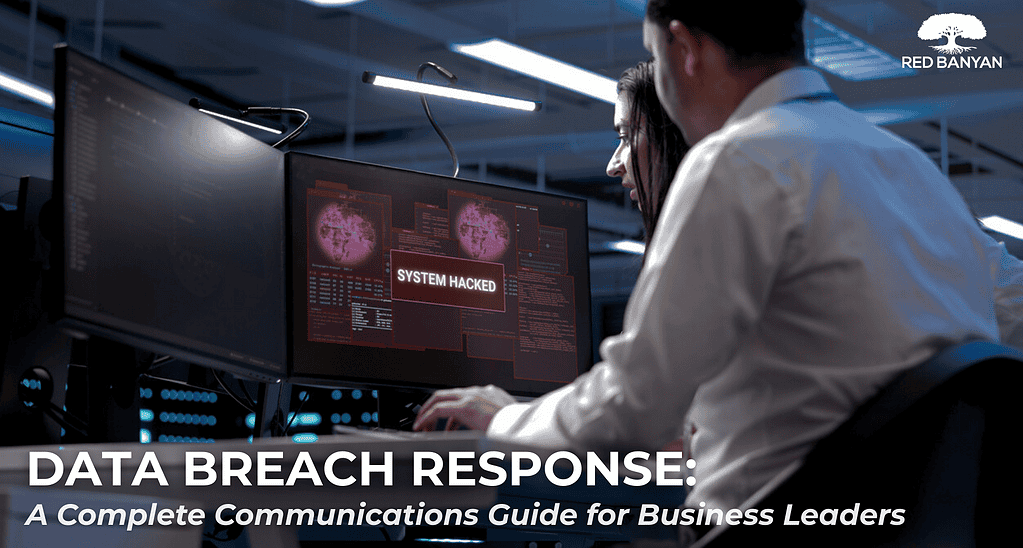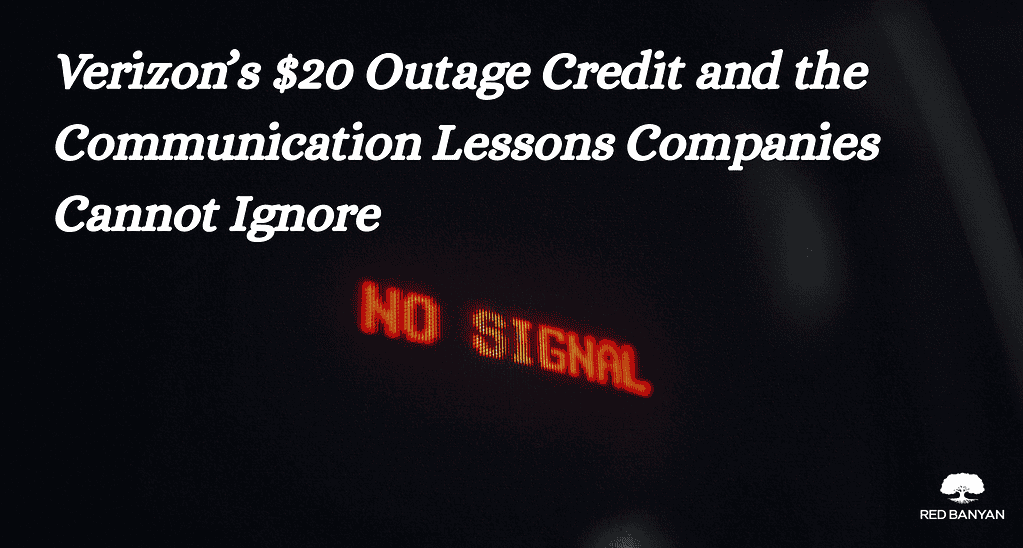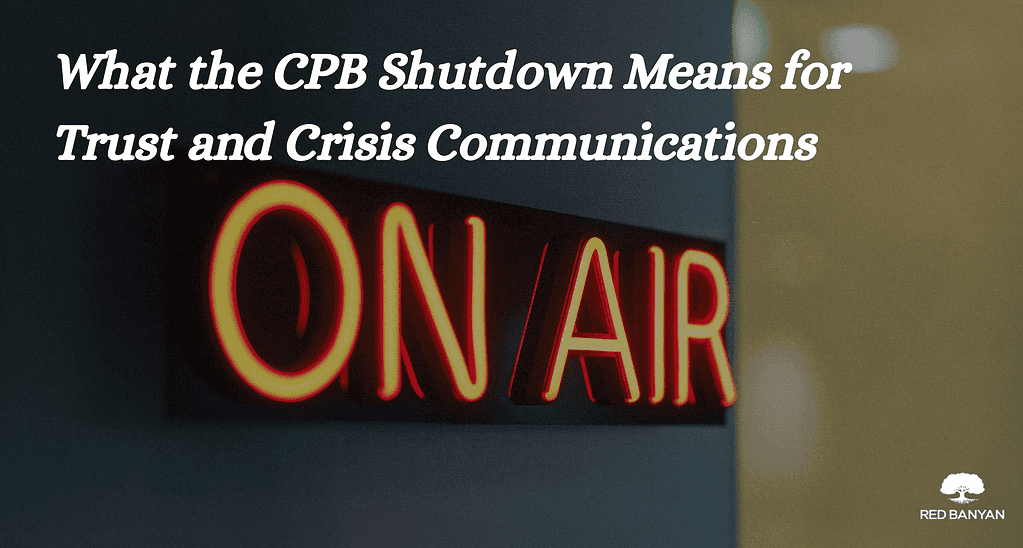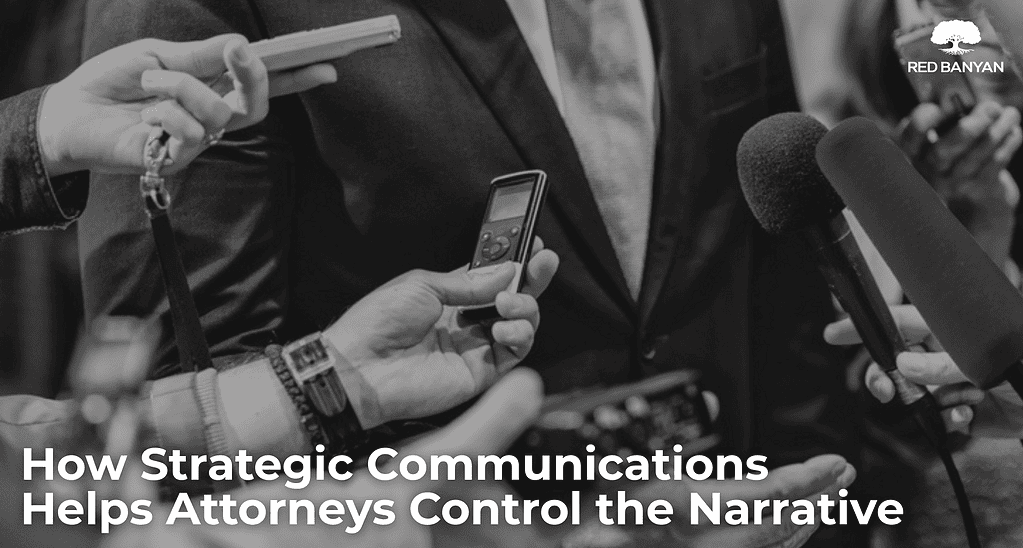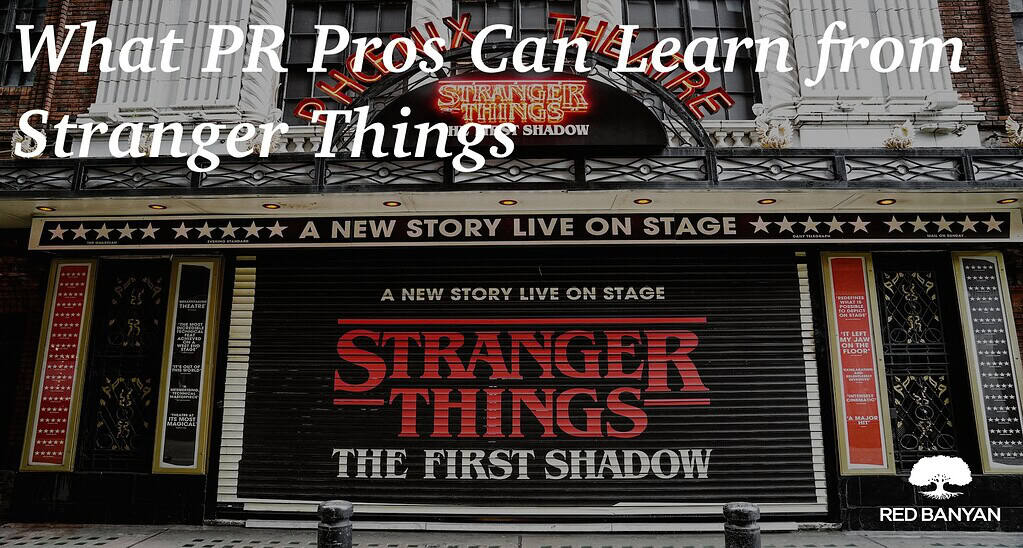For many defense technology leaders, the conversation about AI isn’t happening in the lab or at a closed-door Pentagon briefing. It’s unfolding in headlines, Twitter threads, and televised hearings. The rise of AI in defense has sparked both fascination and fear. Autonomous drones, facial recognition systems, and predictive surveillance tools are no longer speculative concepts; they are operational realities. Yet public perception often lags behind technical progress, and that gap can be dangerous for companies building these tools.
When Google’s involvement in Project Maven became public, it ignited a firestorm that led to employee protests and eventually a withdrawal from the program. Palantir, known for its government contracts, has faced repeated scrutiny over data privacy and surveillance ethics. Even small defense startups, working far from the public spotlight, can find themselves under the glare of national media if a project attracts political or activist attention. In an age where a single viral tweet can redefine a company’s reputation overnight, PR for defense tech companies isn’t optional—it’s a mission-critical function.
Crisis Communications in the Defense Sector
When public trust wavers, the consequences arrive quickly: investor calls filled with pointed questions, journalists flooding the inbox, and advocacy groups shaping the narrative before your team even responds. Media scrutiny can amplify misinformation, and without a crisis communication plan, the response often feels defensive rather than credible.
Public relations for defense technology firms must operate on a proactive footing. This means building relationships with the press before a controversy hits, preparing clear talking points for leadership, and simulating high-pressure interviews so executives can handle questions with composure. PR strategies for military technology companies work best when they frame the discussion early, explaining defense AI to the public on your own terms rather than letting others define it for you.
Messaging Challenges Unique to Defense Tech
Defense innovators navigate a landscape unlike any other. Many technologies are dual-use—capable of both civilian and military applications—which raises questions about intent and oversight. Balancing secrecy for national security with transparency for public accountability is a constant negotiation.
Government and public relations for defense firms also involve a tricky ethical dimension. Transparency in defense technology PR must be carefully calibrated so companies can share their commitment to AI ethics in defense communications without compromising operational security. Reputation management for defense tech companies often means addressing public perception of defense AI head-on, acknowledging concerns without appearing evasive.
Why PR is Crucial for Defense Tech Companies
A seasoned PR partner, like Red Banyan, brings more than just press releases. We serve as translators, taking complex technical achievements and reframing them in language that resonates with both policymakers and the general public. Through strategic communications for defense startups and established contractors alike, we help craft narratives that position innovation as responsible, necessary, and aligned with democratic values.
This includes media training for key spokespeople, developing defense industry public relations strategies that anticipate tough questions, and running PR campaigns for AI defense solutions that highlight safeguards, oversight, and real-world benefits. Building trust in AI-powered defense solutions requires more than technical proof; it calls for consistent, credible storytelling. Our defense tech media outreach best practices center on creating touchpoints with journalists, analysts, and influencers who understand the sector’s nuances.
For companies facing public skepticism, the benefits of PR partnerships for defense tech are clear: a stronger voice in the conversation, reduced risk of reputational damage, and the ability to navigate public opinion in the defense sector with confidence. Defense technology branding and messaging isn’t just about logos and taglines; it’s about shaping how your work is understood and remembered.
Meeting Scrutiny Head-On
Innovation will always invite scrutiny, especially when it intersects with national security and AI. But scrutiny doesn’t have to be a threat—it can be an opportunity to demonstrate leadership. A well-prepared PR team can help you address concerns, correct misinformation, and build lasting trust with stakeholders who matter most.
If your defense tech company is ready to take control of its narrative and turn skepticism into informed support, now is the time to act. The conversation is happening with or without you. Make sure you have the right partner guiding your story. If you’re looking for expert guidance on PR for defense tech, reach out to Red Banyan today and start shaping your story with confidence.
FAQ: PR for Defense Tech Companies
1. Why is public relations crucial for defense tech companies?
Public relations is essential for defense tech companies because it helps manage public perception, especially regarding the use of AI in sensitive applications like national security. PR ensures that a company’s innovations are seen as responsible, transparent, and beneficial, while mitigating the risks of misinformation, negative media coverage, or public backlash. A well-executed PR strategy builds trust with both the public and key stakeholders.
2. How can PR help defense tech companies build public trust?
PR helps defense tech companies build trust by clearly communicating their values, commitment to ethical standards, and the societal benefits of their technologies. Through transparent storytelling, proactive media outreach, and addressing concerns about AI in defense, PR firms create narratives that reassure the public and key decision-makers about the safety and responsibility of the company’s innovations.
3. What is crisis communication, and why is it important for defense tech companies?
Crisis communication involves managing negative events or controversies quickly and effectively. For defense tech companies, this is vital due to the sensitive nature of their work. Having a solid crisis communication plan allows companies to address issues before they escalate, correct misinformation, and maintain credibility. This proactive approach helps minimize reputational damage and keeps public trust intact.
4. How do PR strategies for defense companies differ from those in other industries?
PR strategies for defense tech companies must balance national security concerns with the need for transparency. Unlike other industries, defense companies face unique challenges, such as handling dual-use technologies, ethical issues around AI, and public distrust of military contractors. PR for defense tech requires careful messaging to maintain security while reassuring the public and policymakers about the technology’s responsible use.
5. How does Red Banyan approach PR for defense tech companies?
Red Banyan specializes in developing tailored PR strategies for defense tech companies. We focus on proactive media relations, strategic messaging, and crisis communication, ensuring that your technology is accurately represented in the media. Our approach includes media training for executives, crisis planning, and running campaigns that highlight transparency, ethical responsibility, and real-world benefits of your innovations.
6. How do defense tech companies handle ethical concerns in their PR campaigns?
Defense tech companies can address ethical concerns by openly discussing their commitment to AI ethics and how their technology is being regulated and monitored. PR campaigns should focus on reassuring the public that the company is adhering to strict ethical guidelines while emphasizing the positive, responsible uses of AI in defense. Red Banyan helps companies craft messages that address these concerns while maintaining operational security.
7. How do PR campaigns for defense tech companies address misinformation?
PR campaigns for defense tech companies work by providing clear, accurate information to the public and media to counter misinformation. By building relationships with trusted journalists, offering transparency, and quickly responding to inaccurate narratives, companies can shape the conversation and restore credibility. Red Banyan’s PR strategies focus on proactive media outreach and rapid response to ensure that your message is always heard.
8. What are the key PR metrics for defense tech companies?
Key PR metrics for defense tech companies include media coverage volume, sentiment analysis, audience reach, and social media engagement. Monitoring how the media portrays the company and the public’s perception of AI in defense technologies is also crucial. Tracking these metrics allows companies to measure the effectiveness of their PR strategy, ensuring it aligns with their goals and helps refine messaging.










